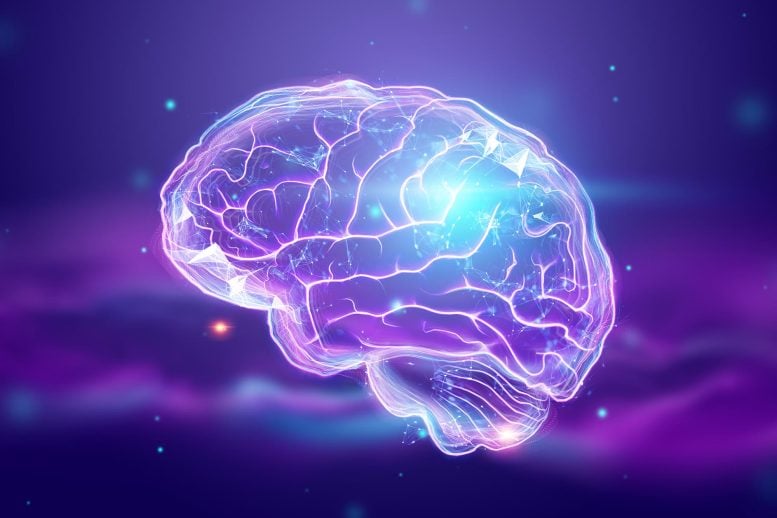
Exercise can directly improve brain health by promoting hippocampal neuronal development, with astrocytes playing a key role in mediating the effects. This research could lead to exercise-based treatments for cognitive disorders such as Alzheimer’s disease.
Studying chemical signals from contracting muscle cells points to ways of improving brain health with exercise.
Beckman researchers studied how chemical signals from contracting muscles promote healthy brains. Their findings reveal how these signals help grow and regulate new brain networks while also pointing toward ways of improving brain health through exercise.
Physical activity is frequently cited as a means of improving physical and mental health. Researchers at the Beckman Institute for Advanced Science and Technology have shown that it may also improve brain health more directly. They studied how the chemical signals released by exercising muscles promote neuronal development in the brain.
Their work was published in the journal Neuroscience.
When muscles contract during exercise, like a bicep working to lift a heavy weight, they release a variety of compounds into the bloodstream. These compounds can travel to different parts of the body, including the brain. The researchers were particularly interested in how exercise could benefit a particular part of the brain called the hippocampus.
“The hippocampus is a crucial area for learning and memory, and therefore cognitive health,” said Ki Yun Lee, a Ph.D. student in mechanical science and engineering at the University of Illinois Urbana-Champaign and the study’s lead author. Understanding how exercise benefits the hippocampus could therefore lead to exercise-based treatments for a variety of conditions including Alzheimer’s disease.
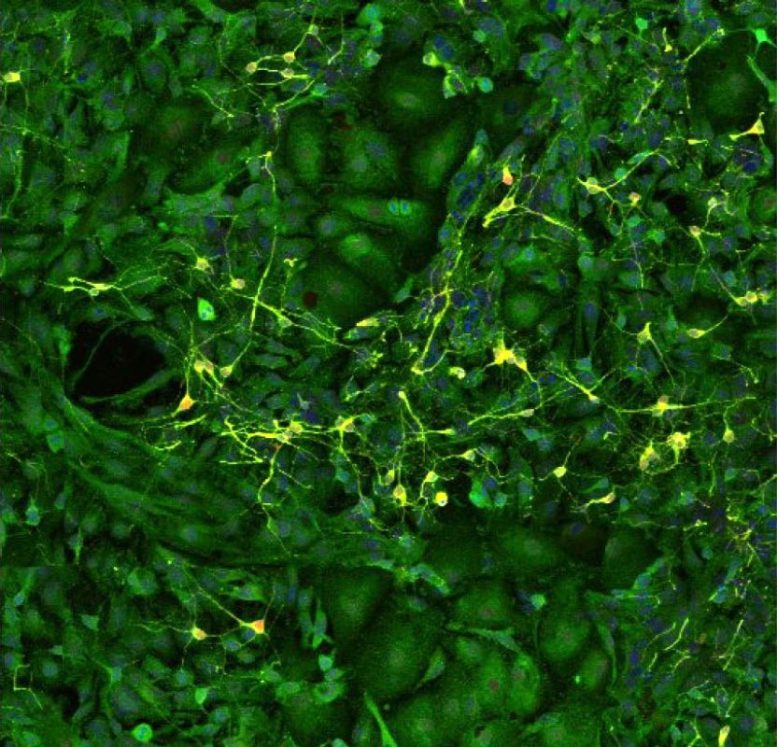
Hippocampal neurons (yellow) surrounded by astrocytes (green) in a cell culture from the study. Image provided by the authors. Credit: Image provided by the study authors: Taher Saif, Justin Rhodes, and Ki Yun Lee
To isolate the chemicals released by contracting muscles and test them on hippocampal neurons, the researchers collected small muscle cell samples from mice and grew them in cell culture dishes in the lab. When the muscle cells matured, they began to contract on their own, releasing their chemical signals into the cell culture.
The research team added the culture, which now contained the chemical signals from the mature muscle cells, to another culture containing hippocampal neurons and other support cells known as astrocytes. Using several measures, including immunofluorescent and calcium imaging to track cell growth and multi-electrode arrays to record neuronal electrical activity, they examined how exposure to these chemical signals affected the hippocampal cells.
The results were striking. Exposure to the chemical signals from contracting muscle cells caused hippocampal neurons to generate larger and more frequent electrical signals — a sign of robust growth and health. Within a few days, the neurons started firing these electrical signals more synchronously, suggesting that the neurons were forming a more mature network together and mimicking the organization of neurons in the brain.
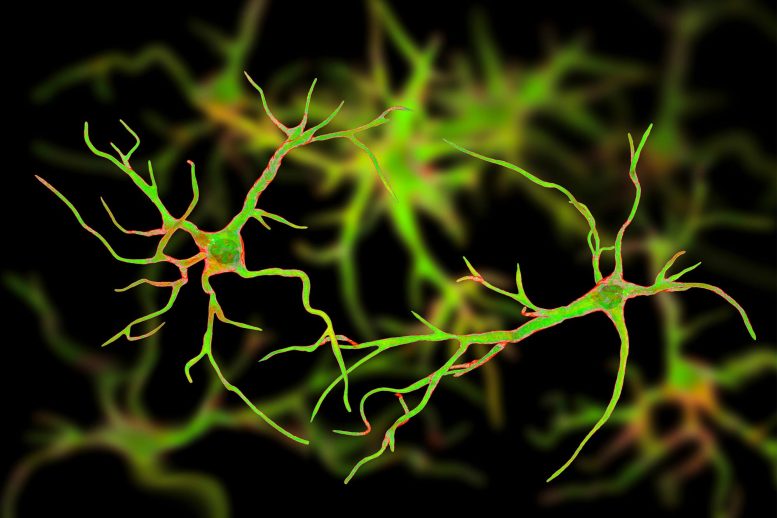
Astrocytes are a type of star-shaped glial cell in the brain and spinal cord, which are essential for the proper functioning of the nervous system. They play a myriad of crucial roles including maintaining the blood-brain barrier, providing nutrients to nervous tissue, and regulating the repair and scarring process of the brain and spinal cord following traumatic injuries. Astrocytes also facilitate neurotransmission, the process of signal transmission between nerve cells.
However, the researchers still had questions about how these chemical signals led to growth and development of hippocampal neurons. To uncover more of the pathway linking exercise to better brain health, they next focused on the role of astrocytes in mediating this relationship.
“Astrocytes are the first responders in the brain before the compounds from muscles reach the neurons,” Lee said. Perhaps, then, they played a role in helping neurons respond to these signals.
The researchers found that removing astrocytes from the cell cultures caused the neurons to fire even more electrical signals, suggesting that without the astrocytes, the neurons continued to grow — perhaps to a point where they might become unmanageable.
“Astrocytes play a critical role in mediating the effects of exercise,” Lee said. “By regulating neuronal activity and preventing hyperexcitability of neurons, astrocytes contribute to the balance necessary for optimal brain function.”
Understanding the chemical pathway between muscle contraction and the growth and regulation of hippocampal neurons is just the first step in understanding how exercise helps improve brain health.
“Ultimately, our research may contribute to the development of more effective exercise regimens for cognitive disorders such as Alzheimer’s disease,” Lee said.
Reference: “Astrocyte-mediated Transduction of Muscle Fiber Contractions Synchronizes Hippocampal Neuronal Network Development” by Ki Yun Lee, Justin S. Rhodes and M. Taher A. Saif, 2 February 2023, Neuroscience.
DOI: 10.1016/j.neuroscience.2023.01.028
In addition to Lee, the team also included Beckman faculty members Justin Rhodes, a professor of psychology; and Taher Saif, a professor of mechanical science and engineering and bioengineering.
Funding: NIH/National Institutes of Health, National Science Foundation

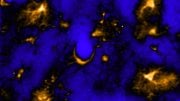
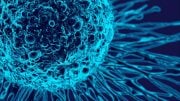
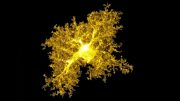
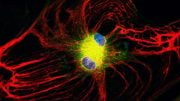
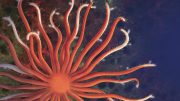
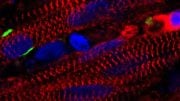
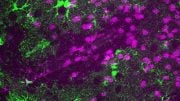
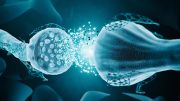
Nooooo! You just told us that walking our dogs will cause brain trauma!!!!
Now is the science settled?!?
Logical reasoning, historically humans hiked around exploring and hunting for food. Forming good topographic memories while doing that would’ve made those people more likely to find their ways back home to reproduce.